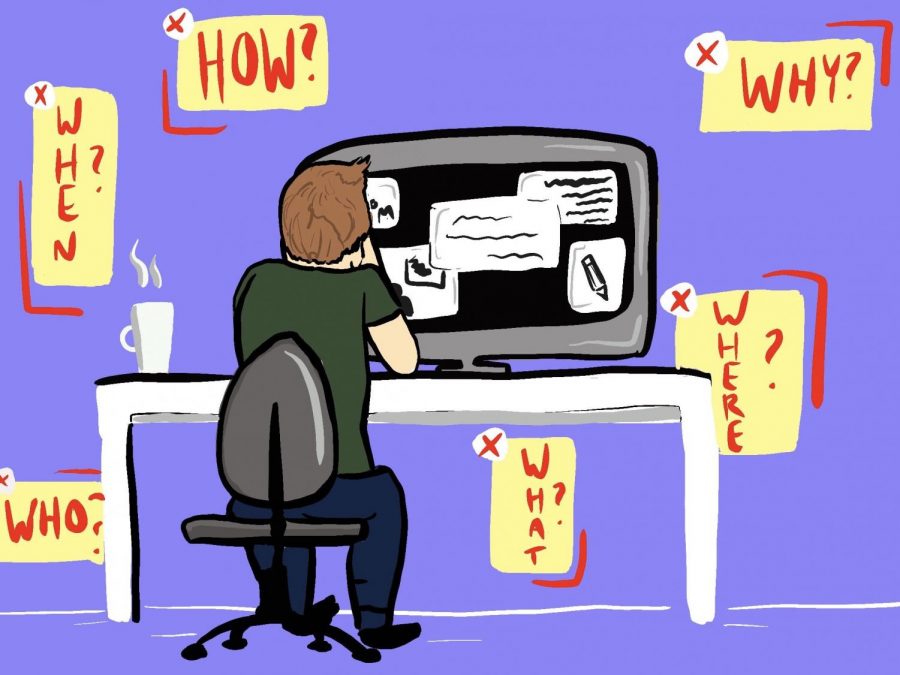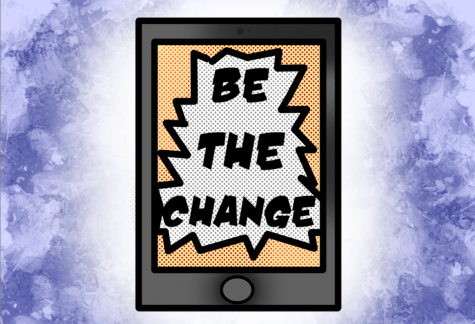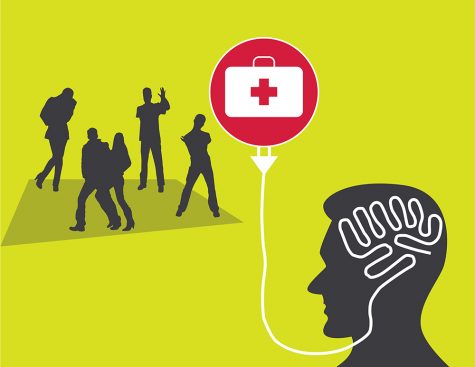How to not F*** up your online classes
Online classes can be a struggle, but they don’t have to be. Here’s some tips from some people who already have this thing figured out
Online classes can be a struggle when you’re not used to them, but they don’t have to be.
March 31, 2020
I’ll be up front here: I’m terrible at online classes. I ruined my perfect GPA in high school by repeatedly bombing assignments for online Spanish. So, why am I here to give advice?
Luckily for you, I’m not. But I found some people who are.
Senior Morgan Atwood, president of ASWSU Global Campus, is currently seeking a degree in social sciences through WSU’s online program. After earning her associate’s degree at Clark College in Vancouver, she transitioned to online classes.
“Strangely enough, my junior year in high school I took online classes and I flunked the whole semester,” Atwood said. “So I was scared of online classes.”
But, fear not: there’s hope! Atwood said she now favors online classes because she can set her own schedule and has learned to keep track of everything. She advised checking online frequently, including Blackboard and Outlook, to make sure you’re keeping up with new announcements and updates.
Going online isn’t just a way to keep up with classes — Atwood said it’s important to get social. Students should use Zoom to organize study sessions with their friends and classmates, she said, and utilize professors’ office hours.
While the transition to online classes may be frustrating for students, senior kinesiology major Fallon Evans said it can be a tough process for everyone.
“Remember it might also be the [professor’s] first time [teaching online classes] too,” Evans said.
Evans, who has taken online classes in the past, narrowed her advice down to five tips: Get out of bed at a normal time, go through your normal routine, get into a work mindset, take intentional breaks and always double-check the syllabus.
She said Khan Academy and Quizlet can be valuable resources for students studying on their own. As for those intentional breaks, she recommended standing up and stretching, grabbing a healthy snack or getting some exercise.
Evans also stressed the importance of asking questions early and often. Overcommunication, she said, is better than assuming something unusual in the syllabus or on an assignment is there on purpose.
And, she said, be wary of your surroundings during Zoom or other video meetings.
“You don’t want your underwear laying on the floor or obscene things on the walls in the background,” she said.
(I should probably take down the “Take off your f-cking shoes” poster on my living room wall).
Debra O’Donnell, director of enrollment management and student affairs, said she wanted to reassure students that their professors are working hard to keep classes valuable during this transition.
“Faculty from the physical WSU classes are working with designers to make online classes as interesting and robust as classes on campus,” she said. “A lot of that training happened over spring break.”
She said faculty were trained to use resources like Blackboard, Zoom and Panopto. For students, O’Donnell said the Academic Outreach and Innovation branch of WSU prepared an online guide for managing digital classes. This includes a series of tips and tutorials.
So yes, there is hope for those of us who are digitally challenged or have a less-than-successful history with online education. And while maintaining grades is an important goal, students should also aim to use these resources as a way to keep social distancing from becoming anti-social.
“Use those tools to reach out,” O’Donnell said, “and make sure to stay in contact with each other.”
Editor’s note: This column was edited to correct the official job title for Debra O’Donnell.























